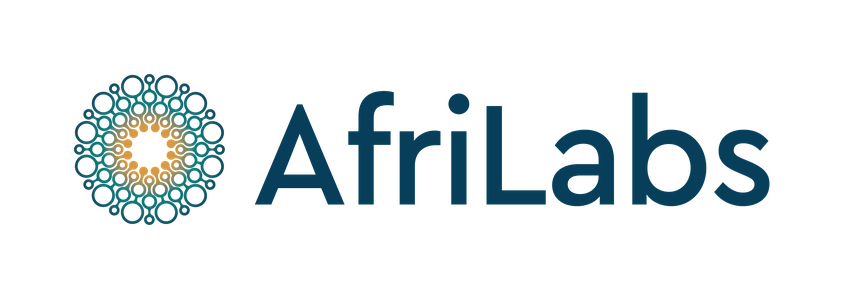Gender inclusion is a critical aspect of entrepreneurship, as it helps ensure that all entrepreneurs have an equal opportunity to succeed, regardless of their gender identity. However, there are several issues that can impact gender inclusion in entrepreneurship:
Access to Funding: Women entrepreneurs often face difficulty in accessing capital, which is essential for starting and scaling businesses. This can be due to a lack of access to networks or unconscious bias in the investment community.
Stereotypes and Bias: Gender stereotypes can limit the opportunities available to women entrepreneurs, as they may be seen as less capable or less committed to their businesses than their male counterparts. This can also lead to unconscious bias in hiring, investment decisions, and business partnerships.
Work-Life Balance: Women entrepreneurs often have to balance their business responsibilities with caregiving and household duties, which can be challenging and impact their ability to grow their businesses.
Networking: Networking is a critical aspect of entrepreneurship, but women entrepreneurs may have limited access to networking opportunities due to gender biases and social norms that may exclude them from male-dominated spaces.
Role Models and Mentors: Women entrepreneurs may lack access to role models and mentors, which can impact their ability to navigate the challenges of entrepreneurship and develop the skills and networks needed to succeed.
Access to Education and Training: Women may have limited access to education and training in entrepreneurship, which can limit their ability to develop the skills and knowledge needed to succeed.
Harassment and Discrimination: Women entrepreneurs may face harassment and discrimination, which can impact their mental health, wellbeing, and ability to grow their businesses.
Overall, promoting gender inclusion in entrepreneurship requires addressing these issues and creating an environment that is supportive and equitable for all entrepreneurs, regardless of gender identity. This includes providing access to capital, addressing gender biases and stereotypes, promoting work-life balance, fostering networking and mentoring opportunities, providing education and training, and creating a safe and inclusive environment free from harassment and discrimination.
As part of its inclusion strategy, AfriLabs, the largest network of innovation enablers in Africa recently launched the RevUp Women Initiative to empower early stage women-led startups in Africa.
Find out more about the programme and how it addresses most of the issues outlined above: www.revupwomen.com

